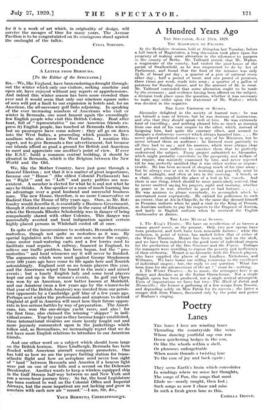A Hundred Years Ago
At the Berkshire Sessions, held at Abingdon last Tuesday, before a full bench of Magistrates, a long discussion took place upon the propriety of making some alteration in the allowance to paupers in the county of Berks. Mr. Talfourd stated, that Mr. Walter, a magistrate of the county, had visited the poor-house of the parish of Swallowfield, as he was empowered to do by Act of Parliament, and found that the food of the inmates was only lb. of bread per day ; a quarter of a pint of oatmeal every other day ; half a pound of meat, and one pound of potatoes. three times per week, made into soup ; a quarter of a gallon of potatoes for Sunday dinner, and to the amount of 3d. in meat. Mr. Talfourd contended that some alteration ought to be made by the overseers ; and evidence having been offered on the subject. a division took place upon the question, whether it was necessary to make any order upon the statement of Mr. Walter ; which was decided in the negative.
THE LATE EMPEROR OF RUSSIA.
Alexander delighted in the society of learned men : he was not himself a man of letters, but he was desirous of instruction, and also that they should speak well of him. He was extremely fond of travelling ; and nothing pleased him so much as running from one end of his vast empire to the other, which, instead of fatiguing him, had quite the contrary effect, and seemed to dissipate a douloureux souvenir which always haunted him. . . . Ho never placed unlimited confidence in any of his Ministers, but he never refused them an audience : he listened most patiently to all they had to say ; and his answers, which were always clear and precise, were sufficient to convince them that he perfectly understood the subject. Every project submitted to Alexander, which might probably contribute to the prosperity and welfare of his empire, was minutely examined by him, and never rejected till he was perfectly satisfied that it was either useless or imprac- ticable. He has been accused of sleeping much of his time away ; but he always rose at six in the morning, and generally went to bed at midnight, and often at two in the morning. A bench, or a chair, often supplied the place of a bed in his travels. And there is one thing, which should be most. particularly noticed, that he never omitted saying his prayers, night and morning, whether at peace or in war, whether in good or bad fortune He was anxious to please everybody, to accomplish which he entertained most expensively. He carried his politeness to such an extent, that at Aix-la-Chapelle, he the same day dressed himself in Prussian uniform when he paid a visit to the King of Prussia, in Austrian uniform to pay his respects to the Emperor of Austria, and lastly in English uniform when he received the English Ambassador at dinner.
THE LATE MUSICAL SEASON.
1. The King's Theatre.--We have no recollection of so barren a season quoad music, as the present. Only two new operas have been produced, and both have been miserable failures : while the orchestra, in point of talent, has ranked below that of either of the Winter Theatres. Mozart has been nearly laid on the shelf, and we have been indebted to the good taste of individual singers for the production of the Don Giovanni and the Figaro. Perhaps the managers were unwilling to expose the poverty and inefficiency of their orchestra. Mozart is no favourite with the French players, who have supplied the places of our Lindleys, Nicholson, and Willmans. We have borne our willing testimony to the excellence of individual singers ; but, the reply to our question " What has been done for the advancement of the art P " must be—nothing.
2. The Winter Theatres.—An to music, the retrospect here is as dreary and desolate as at the Italian Opera-house. Not a single English opera has been produced, nor a single revival attempted. Even of importations we have but two—The Maid of Judah and Masaniello : the former a gathering of a few scraps from Rossini, and depending solely on Miss Paton for its success ; the latter a meagre dish from France, flavoured only by the point and power of Braham's singing.


































 Previous page
Previous page